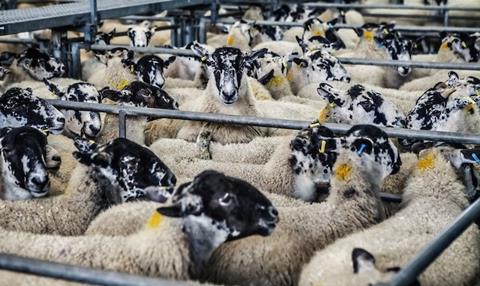With the impacts of Covid-19 set to present massive economic challenges, the National Sheep Association (NSA) is calling for reassurance and common sense on the remainder of the Brexit process as the UK enters the final stages of trade discussions.

NSA chief executive, Phil Stocker, said: “With everything going on, it’s been only too easy to forget about the ongoing Brexit negotiations, but forget we have not, because progress is moving along. With the final round of this stage of negotiations with the EU due to start in the next week, NSA is calling on the Government to consider the implications if the deal is halted at the following summit scheduled for the end of June.”
"Many European processors rely on British lamb and we rely heavily on the EU market. Disrupting this relationship would be senseless and damaging to industry at a time when British businesses will need all the help and support they can get."
“Agriculture has already had a number of major issues to deal with over the last few months, as we saw exports dry up and the closure of the hospitality and food service industry. While the sheep sector has managed to ride this out reasonably well so far, we know how fragile things will be in the coming months as the bulk of 2020 lambs begin to come through. If we end up facing a tariff or any disruption to lamb supplies going into Europe it will have a devastating impact on our trade and lamb values.
"Many European processors rely on British lamb and we rely heavily on the EU market. Disrupting this relationship would be senseless and damaging to industry at a time when British businesses will need all the help and support they can get. Remember those statistics, the UK exports some 35% of our production and 95% of that volume goes to the EU. That’s some 88,000 tonnes and there is no other market that will step in and take that volume in the time we are dealing with.”
NSA is appealing to the Government to recognise the risk this could have on industry and to consider, if necessary, to seek an extension to the process, in light of the unprecedented impact Covid-19 has had on the economy.
This story was originally published on a previous version of the Meat Management website and so there may be some missing images and formatting issues.















